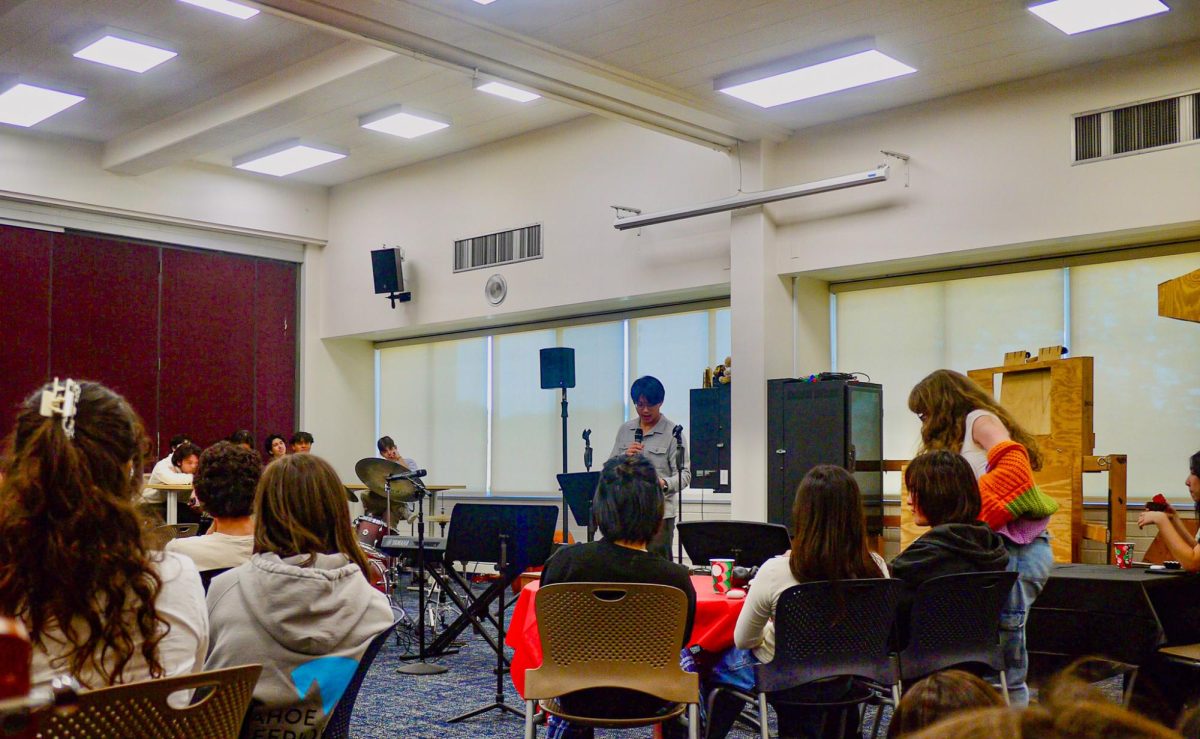Beginning next year, the school will eliminate the mandatory mid-year assessment testing week and will allow teachers of specific Advanced Placement courses to decide whether their students must take the AP exam at the end of the year.
President Rick Commons said the changes will coincide with next year’s new schedule as a part of the administration’s larger goal to create a more effective and dynamic learning environment.
Head of Upper School Laura Ross said that due to the administration’s trust in the faculty, she is confident in its decision to enact more flexible testing options.
Ross explains the reason for the midterm change
In addition, Ross said the administration decided to do away with the December testing week because many teachers found the timing awkward or difficult.
“We did a bunch of surveying, and it’s a minority of classes that wants to give a more cumulative exam at that point,” Ross said. “Everyone was stopping everything to give an exam because they felt they had to give an exam. That’s not organic.”
Commons agreed with Ross, saying the scheduling changes are an attempt to help students balance their workloads and maximize efficiency.
“If we took every other week off, we would be very relaxed, but I think we would not be able to achieve as much,” Commons said. “On the other hand, if we never took a day off, I think we wouldn’t be able to achieve as much as we do with a more balanced approach.”
Ross discusses future school plans
Ross also said the school is considering a testing calendar that would span over several weeks and would designate certain dates for each subject to gives its tests.
“We’re looking instead about if we should have some kind of [testing schedule] like the middle school, which has an assessment calendar for ninth grade where science can give an exam on these dates, math can give an exam on these dates and so on,” Ross said. “Maybe we’d do something like that, but that would stretch from December through the end of January.”
Commons added that the school wants to aid students in their studies by promoting general health and wellness.
“We’re most capable when we are well-rested, well-fed and when we have a social aspect of our lives that is fulfilling to us,” Commons said. “Research shows that people who are feeling happy in their social lives and family lives, have had enough sleep and have had adequate or better than adequate nutrition are better able to learn.”
Commons shares his thoughts about the effects of this change
According to Niche.com, the school currently ranks as the sixth best private school in America. Commons said he is not concerned about next year’s changes affecting the school’s prestige. Rather, he said that the school’s main focus is to optimize students’ experiences by striking a balance between learning and personal well-being.
“It’s not our intention to make the Harvard-Westlake experience relaxing, it’s to make it appropriately challenging,” Commons said. “I think my experience as a student and then as a teacher was that when we can get that challenge to the right level, achievement is at its very highest. We know that Harvard-Westlake’s academic experience and reputation is precious. We’re not trying to throw it away, we’re trying to make it evolve positively for everyone.”
Ross said departments are still determining how their courses will be designed next year in wake of these new policies, and more plans will be finalized in the coming months.

































